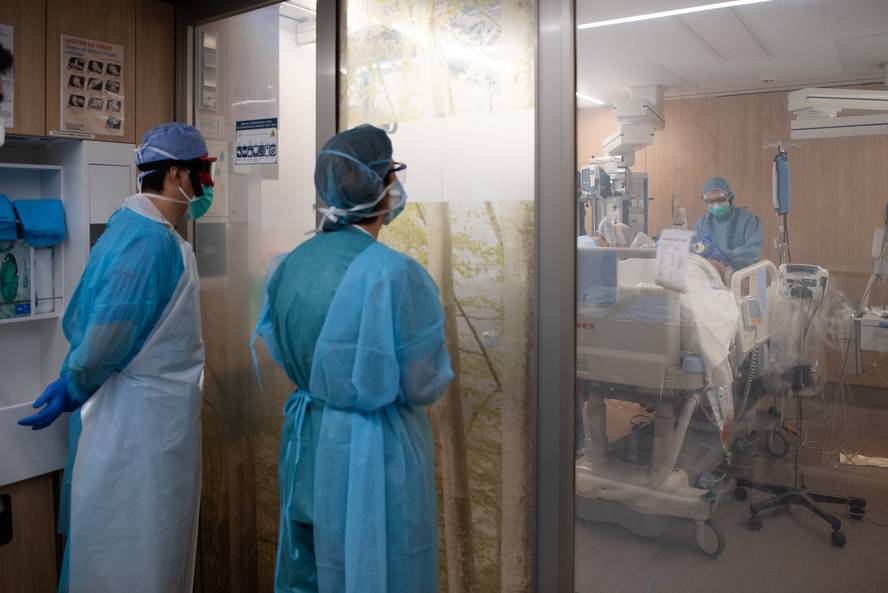Clarify the mechanism of the severe COVID-19
With SARS-CoV-2 infection, the body makes antibodies against the virus. However, one study reveals that patients who develop severe COVID-19 and end up in the hospital, in addition to antibodies, generate autoantibodies, which is the cause of the development of severe COVID-19. In fact, as in autoimmune diseases, these autoantibodies work against and block the antibodies against the virus. Thus, they cannot cope with the infection and the viruses are spreading more and more in the body.
Research has been conducted at Stanford University and has warned that these autoantibodies, in addition to developing severe COVID-19, may in the future cause patients to develop a true autoimmune disease. That is, even if cured, it can have future consequences. Researchers are not yet fully sure of this, they will first have to clarify how long autoantibodies are kept in the body.
High Inflammatory Response
In addition to autoantibodies, patients have also measured antibodies against cytokines. Cytokines are proteins secreted by immune cells that communicate the cells between them and coordinate the strategy to fight infection. Sixty percent of patients who have been hospitalized have developed antibodies against cytokines, and researchers believe it may be due to an immune system overload due to prolonged infection. Because these antibodies block cytokines, they cannot activate immune cells, allowing the virus to expand its spread in the body.
Researchers have also considered the possibility that as the infection continues, the immune system will see more virus particles, not just the initial protein S. If any of these viral particles resemble human proteins, this could be another option for autoantibody formation. The results have been published in Nature Communications.
Researchers have said that this is yet another argument in favour of vaccination. In fact, covid-19 vaccines contain a single protein of the virus, so there is less chance than in a common infection of mixing the immune system with other viral particles to form autoantibodies. A study has already shown that vaccinees on Pfizer do not develop autoantibodies.






